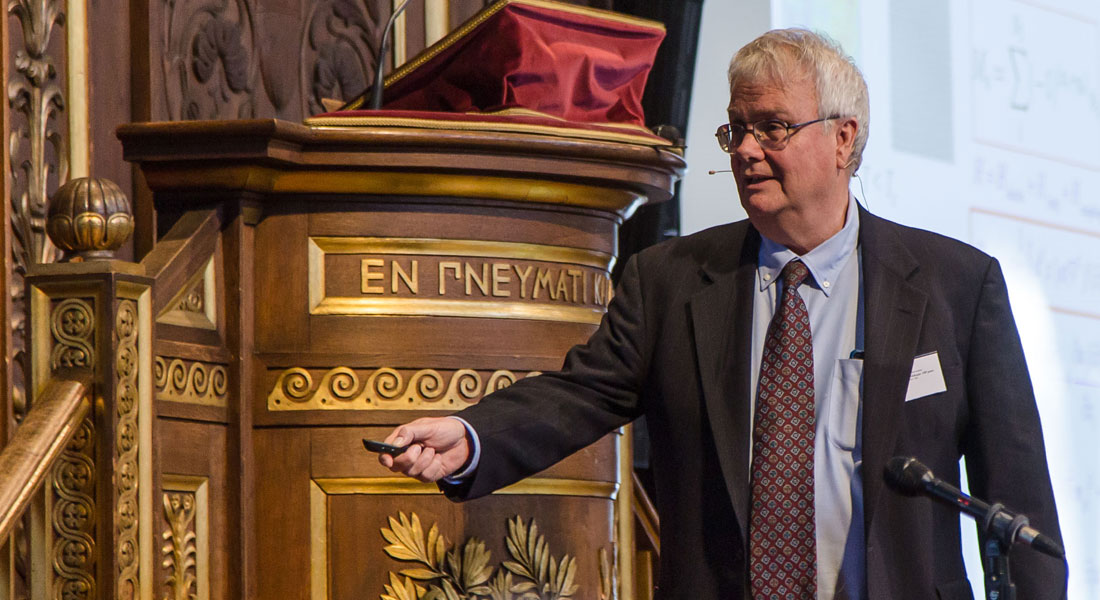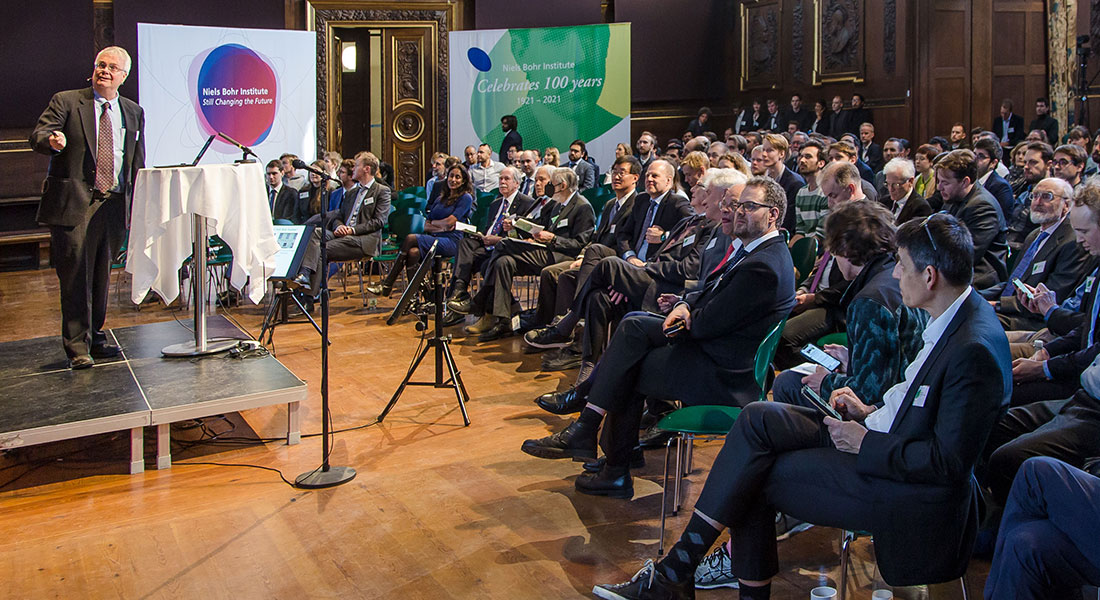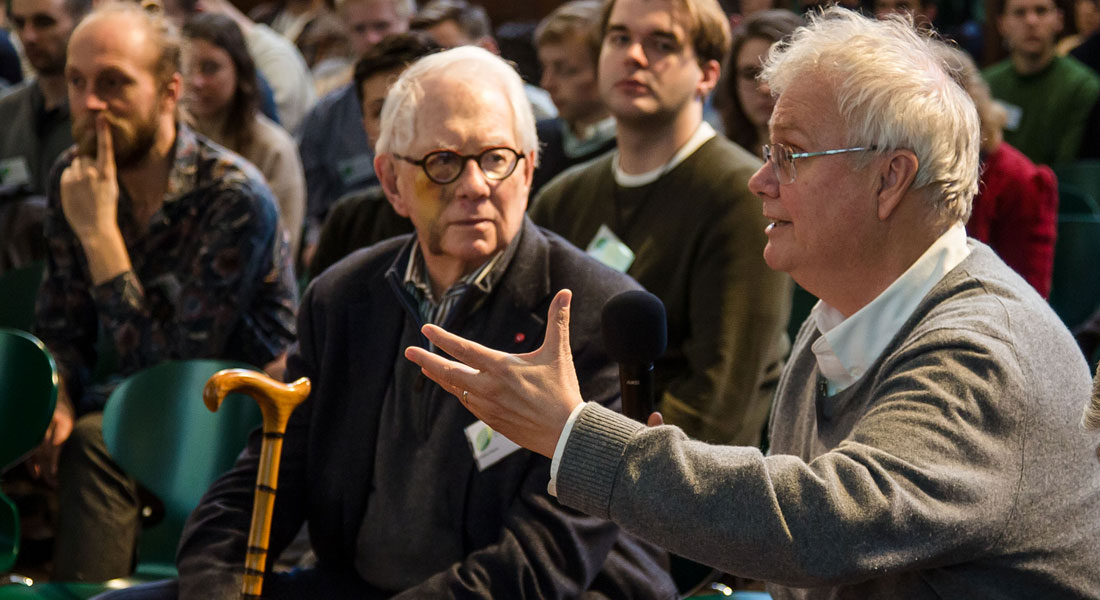Prof. David R. Nelson is awarded the Niels Bohr Institute Medal of Honour for 2019
The Niels Bohr Institute Medal of Honour was established in 2010 to mark the 125th anniversary of Niels Bohr’s birth. The medal is awarded annually to a particularly outstanding researcher who is working in the spirit of Niels Bohr: International cooperation and exchange of knowledge.

David R. Nelson is Arthur K. Solomon Professor of Biophysics and Professor of Physics and Applied Physics at Harvard University. He received his Ph.D. in 1975 from Cornell University at the young age of 23. He is a world-renowned theoretical physicist of remarkable breadth and he has made seminal contributions to the field of statistical mechanics and what became known as soft condensed matter.
This term basically covers the “non- crystalline” forms of matter, and most importantly, the biological tissues in e.g. the human body. In more recent years he has shaped the field of physical biology, which is now undergoing an expansion world-wide.
Already in 1978, in collaboration with Bertrand Halperin, Professor of Mathematics and Natural Philosophy at Harvard University, USA, he made a fundamental contribution to the understanding of phase transitions in two-dimensional systems, in particular, how a two-dimensional system melts.

The melting of a typical solid material happens at a single temperature, ice being the perfect example, melting sharply at 0 degrees Celsius. Such a dramatic change of state is called phase transition. Melting of a very thin sheet material also undergoes phase transition, but sometimes in two steps. David Nelson theoretically found the in-between phase, the so-called “hexatic phase”.
This was verified experimentally later, and was for a period one of the most cited works in theoretical physics. His work has, in this way, contributed significantly to the basic, theoretic understanding of material, including biological matter properties.
During the 80s and 90s, David Nelson contributed one theoretical model after another within an impressive range of topics in theoretical physics. In particular he has focused on the field of physical biology, the exciting new development on the boundary between physics and biology.
Here he has again contributed to a wide range of topics including patterns of bacterial and yeast growth, the life of plankton in turbulent oceans and the dynamics of biological membranes. Currently, Prof. Nelson dedicates most of his efforts to deeply understand the physics of biological systems.

